
in this issue
general news
Welcome to the May issue of Bluelines!
This month, we’re offering up to 75% off select medieval and early modern backlist titles! Browse the sale here and use code MED22 at checkout to get the discount. Keep an eye on our sales page for current sales and specials. Or, better yet, subscribe to our emails so you don’t miss out on special offers.
Looking for more recent medieval and early modern books? Visit our Kalamazoo virtual book exhibit and use code KZOO22 at checkout for 40% off and free shipping.
Enjoy!
new & noteworthy
 The Inconvenient Lonnie Johnson
The Inconvenient Lonnie Johnson
Blues, Race, Identity
Julia Simon
“With an impressive command of primary and secondary literature, including archival materials, The Inconvenient Lonnie Johnson makes an original contribution to the growing body of interdisciplinary scholarly work that seeks to understand music’s connection to politics, society, and ethnicity. Simon’s work is subtle and sophisticated.”—Charles Hersch, author of Jews and Jazz: Improvising Ethnicity
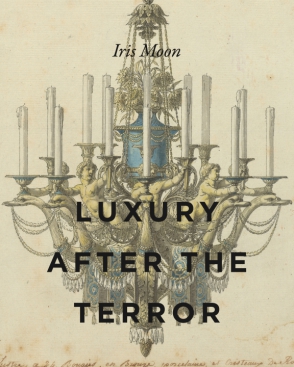 Luxury After the Terror
Luxury After the Terror
Iris Moon
“Luxury After the Terror brings a criticality, a poetics, and a politics to this material that is truly exciting to see. Offering a vital new reading of the place of the decorative arts in the wake of revolution and reorienting our understanding of the period toward a range of captivating and unfamiliar objects, this meticulously researched and brilliantly argued book is an exhilarating rethinking of the field.”—Richard Taws, author of The Politics of the Provisional: Art and Ephemera in Revolutionary France
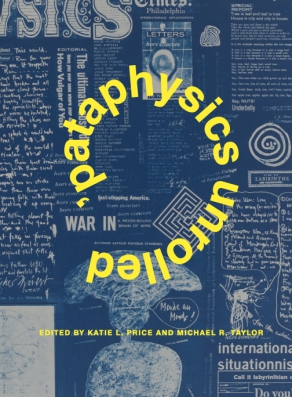 ’Pataphysics Unrolled
’Pataphysics Unrolled
Edited by Katie L. Price and Michael R. Taylor
“Continuing and elaborating Alfred Jarry’s notion of ’pataphysics, this collection tracks ’pataphysics’ continued appearances and developments in ensuing avant-garde movements, modern and contemporary art, the intersections of art, literature, and science—and the far-reaching effects of pushing against normative logics and thinking in exceptional ways.”—Judith Roof, author of What Gender Is, What Gender Does
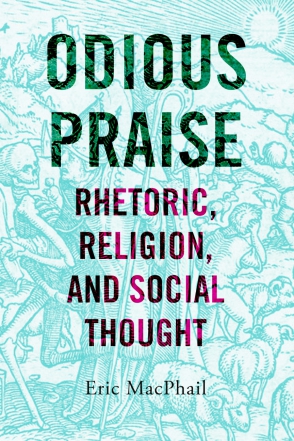 Odious Praise
Odious Praise
Eric MacPhail
“MacPhail uses the notion of praise (especially praise that turns to blame) as an interpretive key to explain the culture of the Renaissance, a demonstration that is both brilliant and convincing. Since the authors taken into account have been extensively studied, MacPhail builds on the results of modern scholarship: the novelty of his book is to take an unexpected and fruitful look at already known texts and also to draw attention to lesser-known sources.”—Laurent Pernot, author of The Subtle Subtext: Hidden Meanings in Literature and Life
subject/series highlight
Q: Edward Gibbon is famous for having written The History of the Decline and Fall of the Roman Empire. What was Gibbon’s purpose in writing that work, and what are the major ideas we should take from it?
A: Gibbon promised that his great work would connect the ancient and modern history of the world. Stretching across six volumes and seventy-one chapters, it contained an infinite array of lessons. Probably the most influential of Gibbon’s ideas is contained in the work’s title: the notion that empires rise, decline, and fall in an intelligible, even predictable pattern. Gibbon held that the rich grow weak and are overthrown by the poor and strong, who eventually grow rich and weak themselves, and the cycle continues. That idea existed long before Gibbon, but Gibbon put his particular stamp on it by showing how the theory could be applied to a case rich in historical detail and containing many attempts at reform—and by showing that every decline and fall entails a rise.
upcoming exhibits & events
psu press presents

Join us at 1pm on Friday, 6/3 for “Comics, Clinics, and Public Health” featuring authors of three new books in our Graphic Medicine Series. Register for the event here.
Watch a recording of April’s event, “Communication in the Disinformation Age” on our YouTube Channel.
Click here to learn more about PSU Press Presents.
unlocked book of the month
Each month we’re highlighting a book available through PSU Press Unlocked, an open-access initiative featuring scholarly digital books and journals in the humanities and social sciences. This month’s pick: Manekine, John and Blonde, and “Foolish Generosity”.
Philippe de Remi holds a remarkable position in the legacy of the thirteenth-century literary world. A layman, landholder, and professional administrator, rather than a court poet or member of the clergy, Philippe de Remi wrote poems, songs, and long verse narratives that were grounded in his familiarity with the literary genres of his day. While Philippe paid homage to Chrétien de Troyes and other important secular writers of the period, his station in society and an intended audience of family and friends, not patrons, allowed him the freedom to treat courtly conventions with some independence and to explore human motivations across the social spectrum. Barbara Sargent-Baur brings to the modern English-speaking reader a translation of three of Philippe’s most important compositions: his two verse romances, Manekine and John and Blonde, as well as his single short verse tale, “Foolish Generosity.”
new from eisenbrauns
See more from Eisenbrauns over at Ancient News.new from graphic mundi
 6,000 Miles to Freedom
6,000 Miles to Freedom
Two Boys and Their Flight from the Taliban
Stéphane Marchetti, Illustrated by Cyrille Pomès
| Control your subscription options |
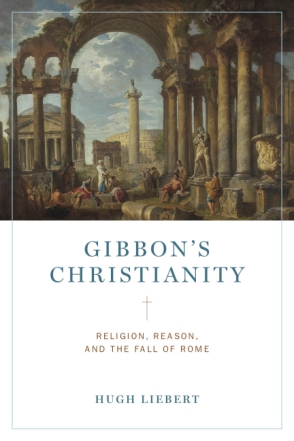
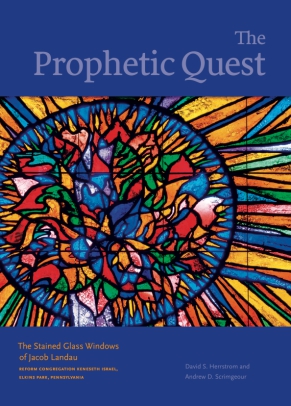
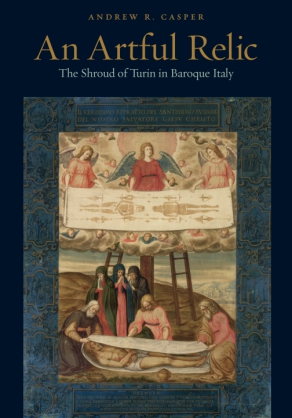


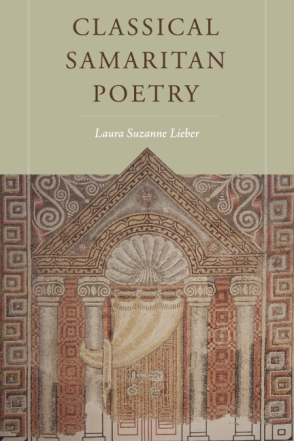 Classical Samaritan Poetry
Classical Samaritan Poetry
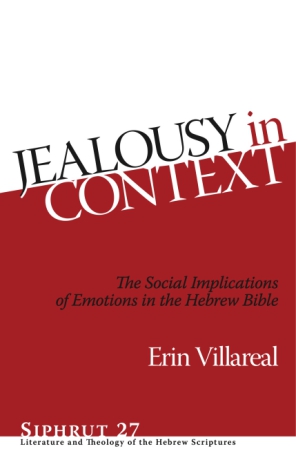 Jealousy in Context
Jealousy in Context
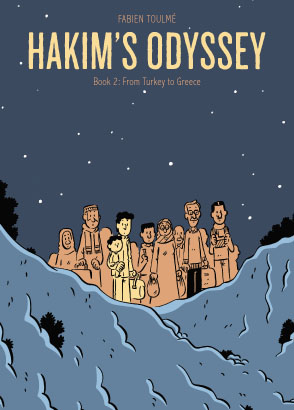 Hakim’s Odyssey Book 2
Hakim’s Odyssey Book 2
